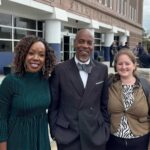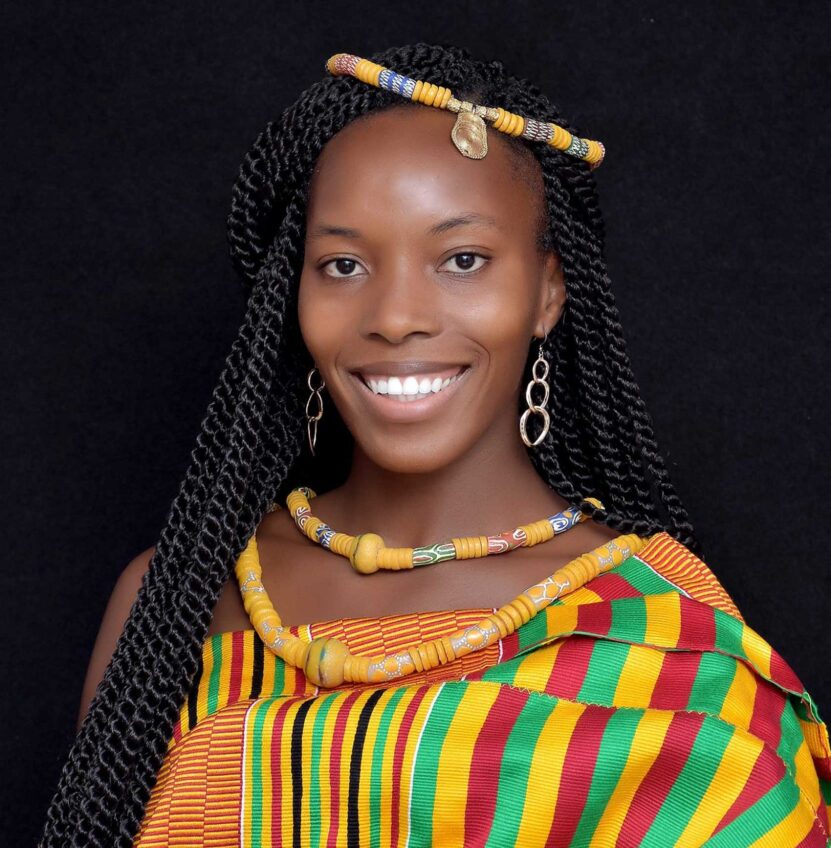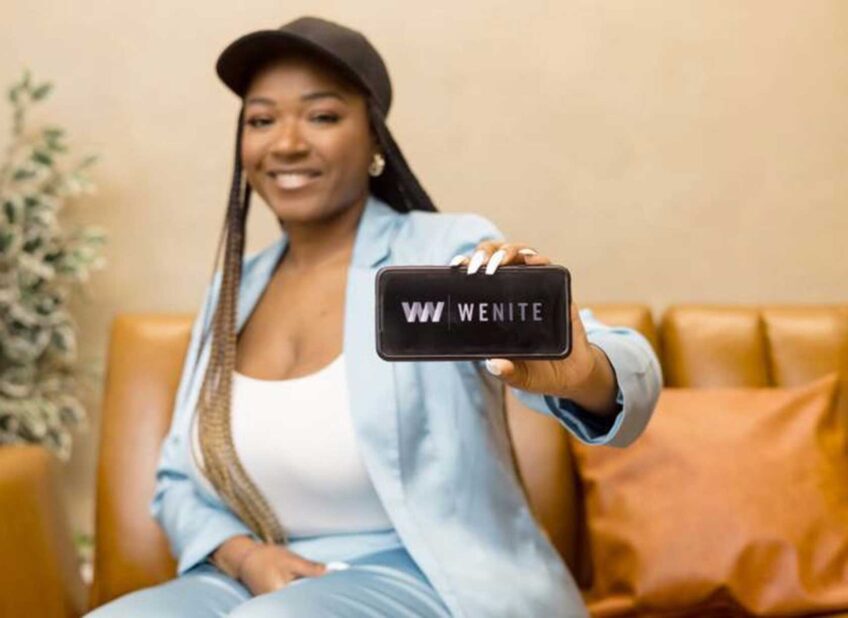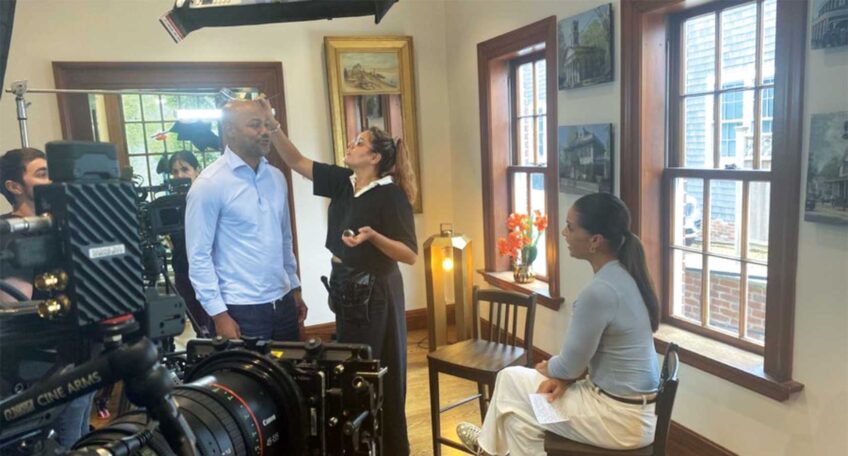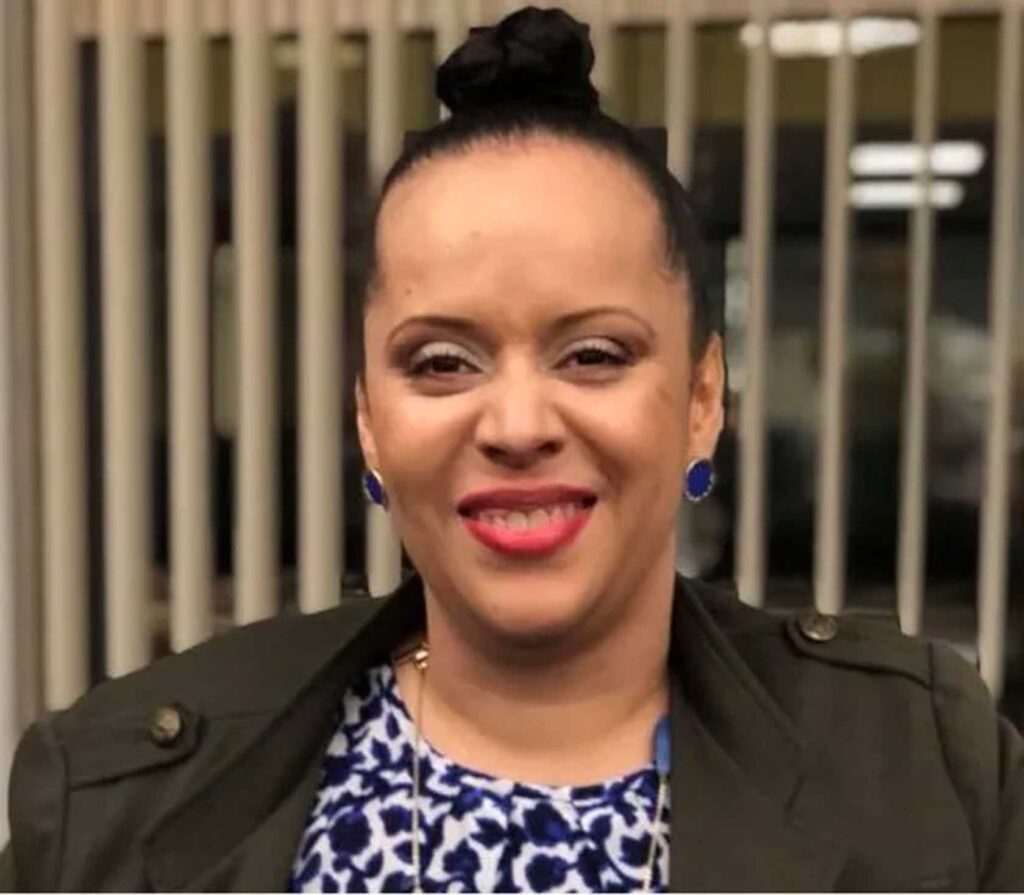
Banner Business Sponsored by The Boston Foundation
July is Disability Pride Month, a time to champion everyone who has a disability and to acknowledge the tremendous diversity within this community. This month’s observance is separate from Disability Awareness Month, which seeks to put a spotlight on the importance of making the world more accessible for all. Disability Pride is what the name implies: being proud of the uniqueness of every person and showing dignity and respect to everyone.
For businesses, this month should be about not only recognizing the community, but learning how the disability community can bring value to the economy.
People with disabilities are in every community
Heather Watkins, disability advocate and consultant, explains why companies should not ignore the disability community. “One in four people are estimated to have a disability, over 62 million in the U.S. and growing because of COVID and war. It’s a sleeping giant of a demographic,” she said.
Black and Indigenous people have the highest rates of disabilities in the country, according to the Brookings Institution, a D.C.-based nonprofit public policy organization.
The disability community understands when they are truly being respected
Recently, people with disabilities have been more visible in society in a positive way. New generations are building off the movement in the 1970s that eventually led to the Americans with Disabilities Act of 1990.
The award-winning movie “Crip Camp” shows the cultural success companies can have when targeting the disability community directly. Watkins believes this organizing has helped the community build power politically and economically. Watkins reminds companies who might be looking for new markets of this often ignored population.
“The community will go where they are respected and will go to a company that understands the unity in community,” she said.
We must stop retrenchment
The disability community has felt a retrenchment as they see growing caution in the national narrative around diversity, equity and inclusion (DEI).
The “back to the office” movement is not helping either.
“In some ways there has been improvement,” Watkins said. “The pandemic helped people work from home, and that accommodation was made. This allows people to be employed when they can’t get into offices. Unfortunately, the retrenchment, back to the office and anti-woke campaigns have started to fray the gains. We need to move companies to action.”
Including communities with disabilities is not hard, but it does take effort on any company’s part. There is true value in inclusion.
“People with disabilities are creative,” Watkins said. “They have to always think, ‘How do I navigate the world?’ Those skills are applicable to decision-making and strategy, beyond tokenism, for your employment and management base.”
Follow ‘the three Ls’
This month, spend some time getting to know the disability community and all of its diversity. Better understanding a community that represents 25% of your consumer and employee market can only improve your strategy. Businesses can become advocates and allies by following “the three L’s” — listen, learn and love.
• Listen — Don’t assume. No one should ever make assumptions about another person, especially by looking through a biased lens and relying on faulty perceptions about what an individual can or cannot do. It should always be assumed that every individual is capable and competent. For example, never rush in to help. Rather, politely ask if assistance is needed — and listen to the person’s response. Listening not only opens ears, but also opens minds.
• Learn — Be an advocate. The world is made for able-bodied people and, unfortunately, there continues to be pushback around increasing accessibility, from concern over financial costs to attitudes of ableism. As advocates and allies, push for a world that is more inclusive for all, rather than exclusive of some. It starts with learning about disability advocacy, how to champion the rights of people with disabilities to have equal access to opportunities, such as education and jobs, housing, transportation, services and everything else in the community that others enjoy.
• Love — Help remove the stigma. Disability Pride Month is a reminder of the importance of confronting ableism and removing the stigma often faced by those with a disability. Throughout history, people with disabilities have been trailblazers across every field: Franklin Delano Roosevelt, who contracted polio; Harriet Tubman, who experienced seizures and may have had a traumatic brain injury; Helen Keller, who experienced deafness and blindness since infancy; Stephen Hawking, who lived with ALS; and so many more. When we set aside biases and assumptions, people can be seen for who they are — with their passion, vision, motivation and accomplishments.
This year, for Disability Pride Month, listen, learn and love to be better advocates and allies.



